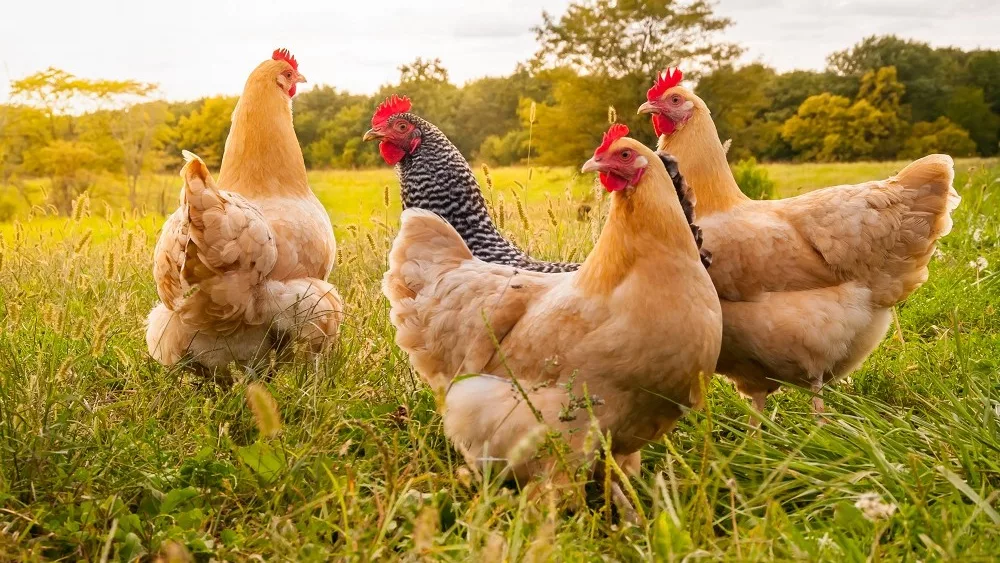Your lawmakers in the U.S. House passed a bill last week to further regulate digital assets—including Bitcoin and other cryptocurrencies. That bill could also have an impact on the U.S. ag industry.
The Financial Innovation and Technology for the 21st Century Act (HR 4763), known as FIT21, establishes federal requirements over digital asset markets and provides the Commodity Futures Trading Commission with new jurisdiction over digital commodities. It also clarifies the Securities and Exchange Commission’s jurisdiction over digital assets that are offered as part of an investment contract.
The bill creates a process to permit the secondary market trading of digital commodities if they are part of an investment contract. FIT21 requires customer disclosure, asset safeguarding, and operational requirements on all entities that must register with either of the commissions.
House Agriculture Committee Chair Glenn “G.T.” Thompson (R-PA) says the bill underscores the Agriculture Committee’s efforts to establish a regulatory framework. Thompson was one of the representatives to introduce the bill last year. He spoke in favor of it before the vote.
“The current process to determine if a digital asset is a security or not is unclear, unworkable, and impractical. The Commodity Futures Trading Commission lacks essential regulatory authority over retailing intermediaries in the digital commodity spot market. The treatment of customer assets held by intermediaries needs to be strengthened,” he said.
There was opposition, primarily from Democrats.
“I have serious concerns about the loss of protections for consumers and investors. The CFTC is generally designed to deal with sophisticated institutional investors and traders,” said Representative Maxine Waters (D-CA). “It doesn’t have the same kind of protections that the SEC has for retail investors and consumers.”
The bill passed last week 279 to 136, with all but three republicans voting in favor. Democrats were split, with 71 voting in favor and 133 voting against. FIT21 now moves to the Senate.





